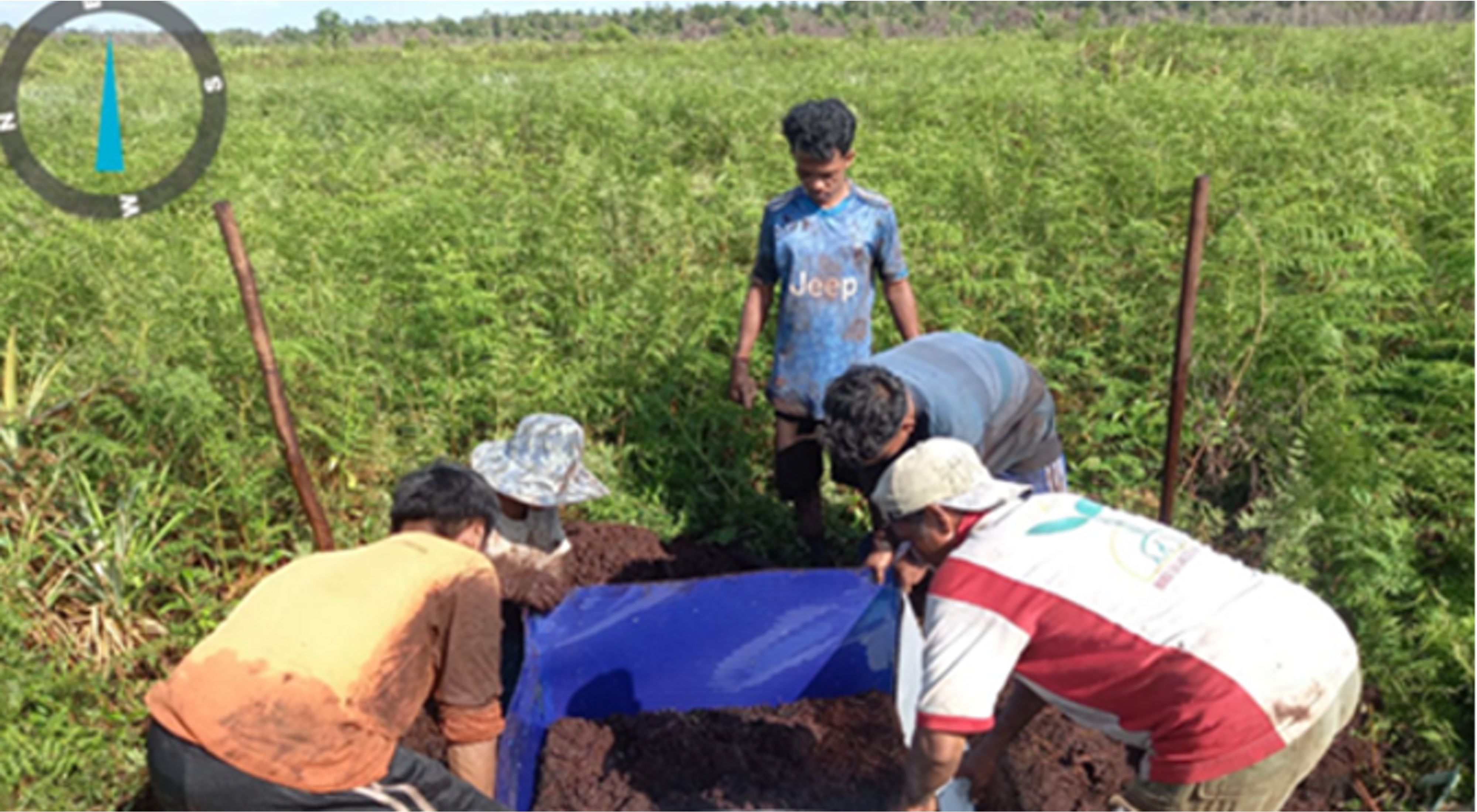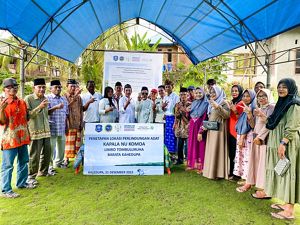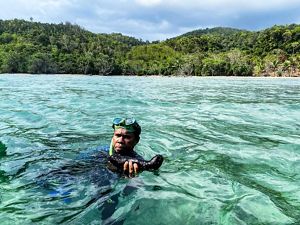The concept of a Natural Climate Solution (NCS) has been widely promoted lately. NCS is seen as being able to help countries overcome climate change significantly as part of efforts to stabilize global temperatures below 2 degrees Celsius, as stated in the goals of the Paris Agreement (Griscom et al., 2017; Cohen-Shacham et al., 2016).
NCS is a series of protection, restoration, and improved land management strategies to mitigate climate change (Griscom et al., 2017). The implementation of NCS will have a significant impact on efforts to reduce world carbon emissions, especially in Indonesia, which has various types of land that have the potential to be managed as part of efforts to maintain the earth's climate.
Read: B.A.S.I.C Program – Youth in Nature Conservation
In collaboration with the Center for Socioeconomic Policy and Climate Change Research and Development (P3SEKPI), the Research, Development, and Innovation Agency of the Ministry of Environment and Forestry (KLHK), YKAN conducted a scientific study of several NCS strategies that have significant mitigation potential. This study was conducted to improve previous global scientific studies by using national-specific data and assumptions. Through this study, NCS implementation priorities can be detailed in order to produce more targeted impacts.
YKAN has also signed a memorandum of understanding with the National Research and Innovation Agency (BRIN) to research peat restoration, including canal closure and the development of sustainable agricultural systems to improve the livelihoods of local communities in West Kalimantan, Indonesia.

Three activity programs are included in the YKAN and BRIN research collaboration until 2026. First, technical and socioeconomic studies related to optimizing the construction of canal blocks in participatory management of peat water levels. Second, evaluate the impact of rewetting degraded peatlands on greenhouse gas emissions and aquatic carbon exports. And third, implementing sustainable agricultural practices as an option to improve the community's economy,
The research design and establishment of measurement plots in Malikian Village, West Kalimantan, were completed at the end of 2023. CO2, CH4, and N2O flux measurements will begin in January 2024.





